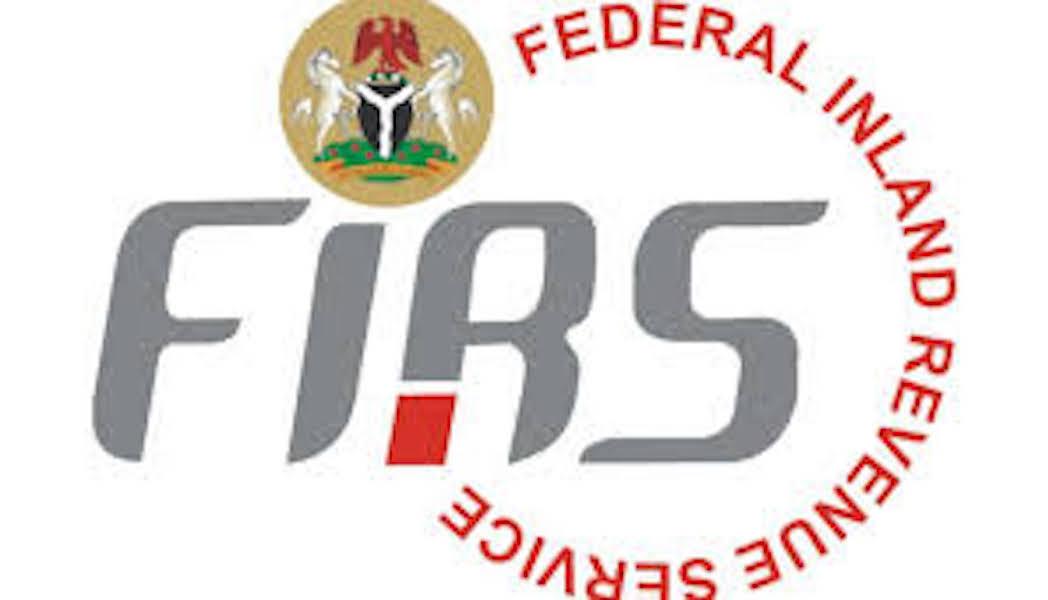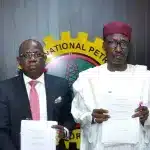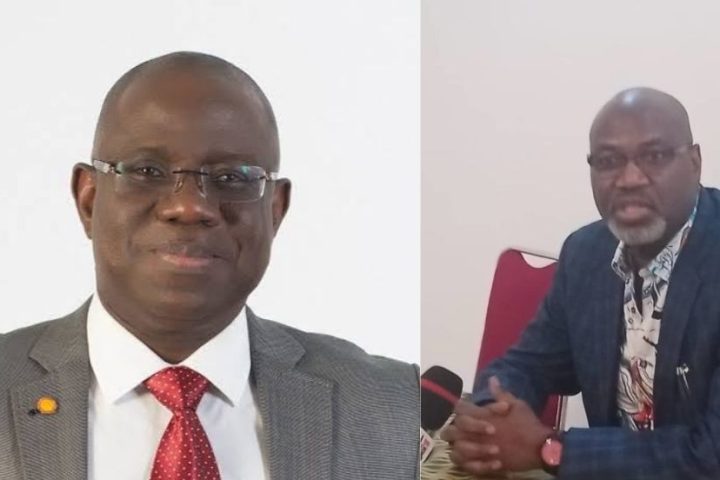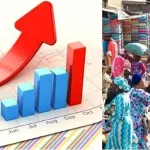Federal Inland Revenue Service (FIRS) has called for aggregation of all revenues generated at national and sub-national levels in Nigeria.
This, is to enable accurate computation of Nigeria’s Tax-to-GDP ratio.
Executive Chairman of FIRS, Muhammad Nami, made the call on Monday in Abuja during a symposium organised by the agency in collaboration with the Usman Danfodiyo University, Sokoto (UDUS).
Join our WhatsApp ChannelNami noted that low Tax-to-GDP ratio was one of the recurring issues in Nigeria’s national discourse and stressed the need to comprehensively bring all the national and sub-national revenue sources into consideration.
He said current basis for computation, which focused on federal tax administration leaving out revenue generated by states, local governments, ministries, departments and agencies did not truly reflect correct Tax-to-GDP ratio.
The FIRS boss stressed that the agency through the Ministry of Finance, must include all revenues of government at different levels in accounting for taxes generated to give the correct state of revenue.
He identified taxes generated to include amounts invested by taxpayers in the country’s road infrastructure as a result of Executive Order 007, and tax waivers granted to pioneer companies.
Others, he said, included import and excise duties waived through the operations of the Nigeria Customs and all other revenues generated by MDAs on behalf of the Federal, State and Local governments in Nigeria.
He stressed that if measures he suggested were fully implemented, they would align Nigeria with global best practices public finance reporting and ensure a more transparent and accurate picture of the country’s Tax-to-GDP ratio.
The theme of the symposium was “Taxation and challenges of external shocks: Lessons and policy options for Nigeria.”
Nami noted that the symposium was timely, especially with challenges posed by the COVID-19 pandemic, where new strains of the virus had been discovered and threatening businesses and commercial activities worldwide.
“The essence of this symposium cannot be over-emphasised given the challenges being experienced globally due to the COVID-19 pandemic.
“With the mutations and vaccine-resistant variants being discovered every now and then in some countries, we are yet to be free as the social and economic variables are still unpredictable.
“Therefore, the theme of this symposium is very timely and relevant as it considers policy options for addressing current and future challenges.
“It will also review the challenges of the informal sector which constitutes about 70 per cent of businesses in Nigeria and the reform options available to bring them into the tax net.
“Today’s event is significant because we are also using the opportunity to formally launch the FIRS contact centre. The decision to hold both events today is strategically intended to walk the talk.
“By launching the contact centre at this symposium, we are showing our commitment to not only hold talks on policy options in enhancing tax administration.
“By this we are also putting in place structures to actualise one of our key policy thrusts, which is to build a customer-centric FIRS through effective and efficient taxpayers services,’’ Nami stated.


















Follow Us